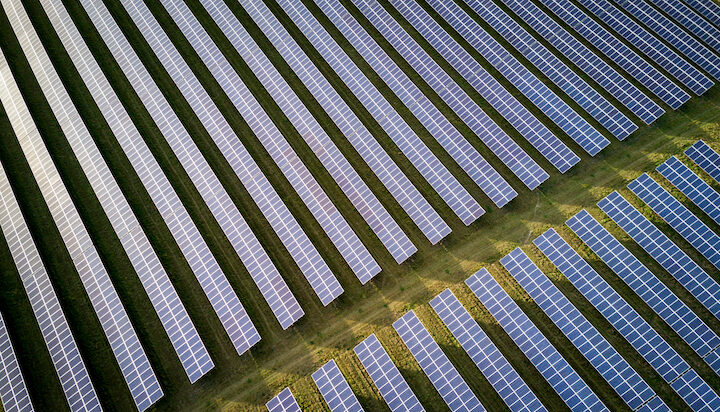NextEnergy Capital has announced the first close of its subsidy-free solar fund in the UK, raising £327 million in total.
Commitments made by investors in NextPower UK ESG (NPUK ESG) include those in the UK and the Middle East, including the UK Infrastructure Bank (UKIB), LGPS Central Limited, Merseyside Pension Fund and Brunel Pension Partnership.
The UKIB is the cornerstone investor for the fund and plans to invest up to £250 million on a match funding basis.
NPUK ESG is a private 10-year solar infrastructure fund focused on investing in new build utility-scale, subsidy-free solar in the UK, with an expected generation capacity of 2GW.
Projects are expected to generate enough clean electricity to power the equivalent of nearly 500,000 households or help offset nearly 200,000 polluting cars on the road every year.
NPUK ESG’s two operational seed assets are at sites in Llanwern, South Wales and Strensham, Worcestershire, which together have an installed capacity of 115MW.
Michael Bonte-Friedheim, CEO and Founding Partner of NextEnergy Capital said: “I am delighted to announce the first close of NPUK ESG, which comes at a crucial time to help strengthen the UK’s energy independence.
“NPUK ESG is the first UK fund that targets purely new-build subsidy-free utility scale solar assets and I am proud that NextEnergy Group is driving this forward, showing how solar assets in the UK can provide investors with a significant return while reducing the carbon footprint of the UK.”






